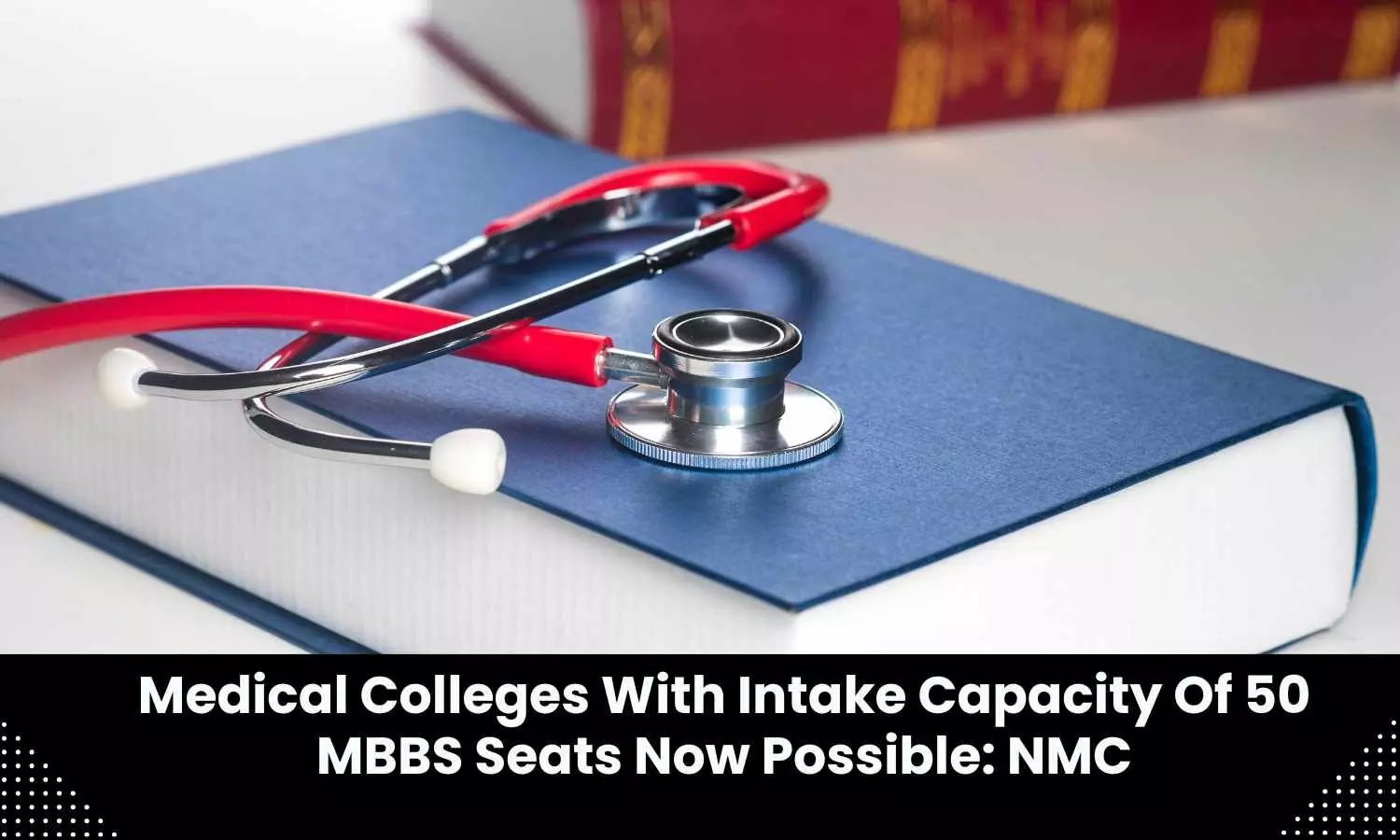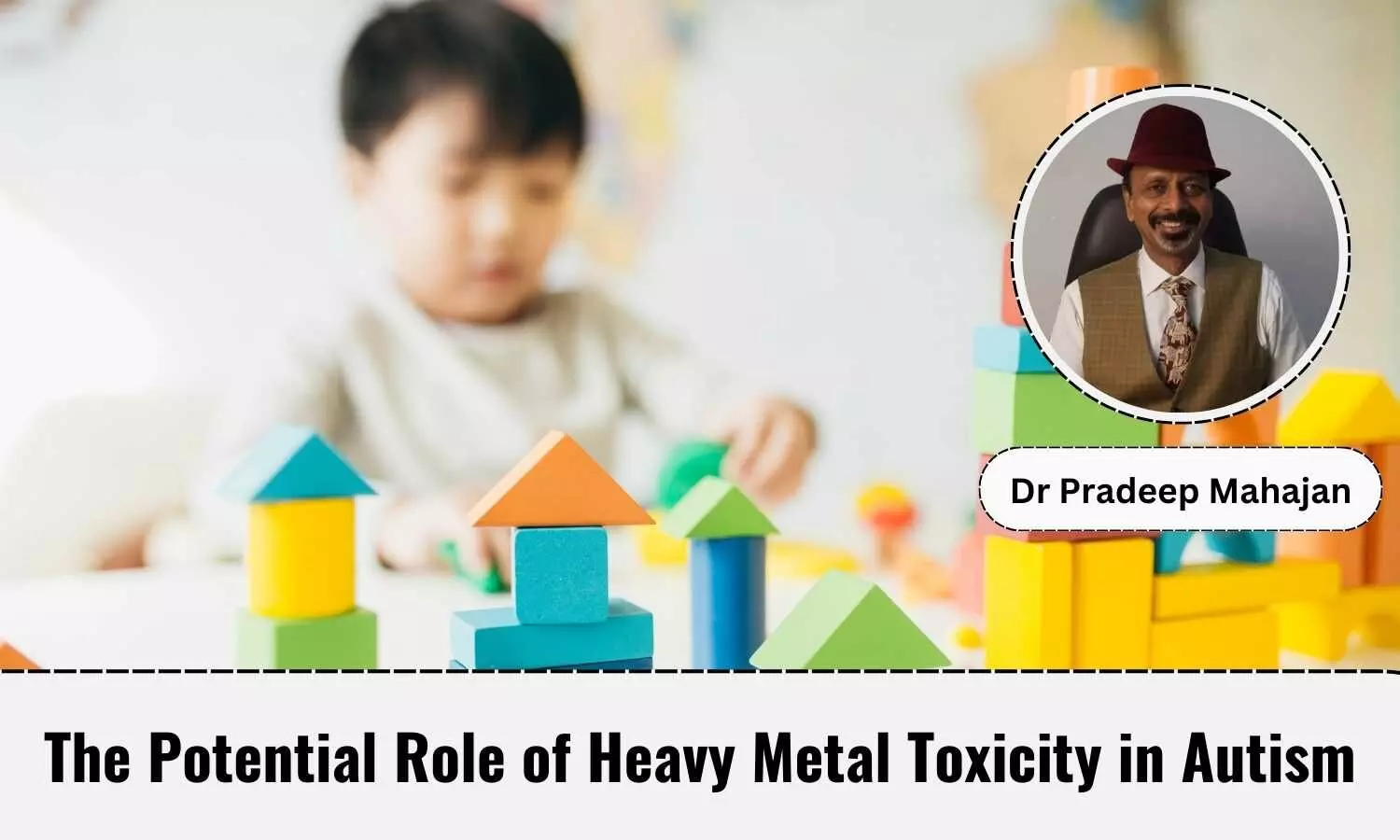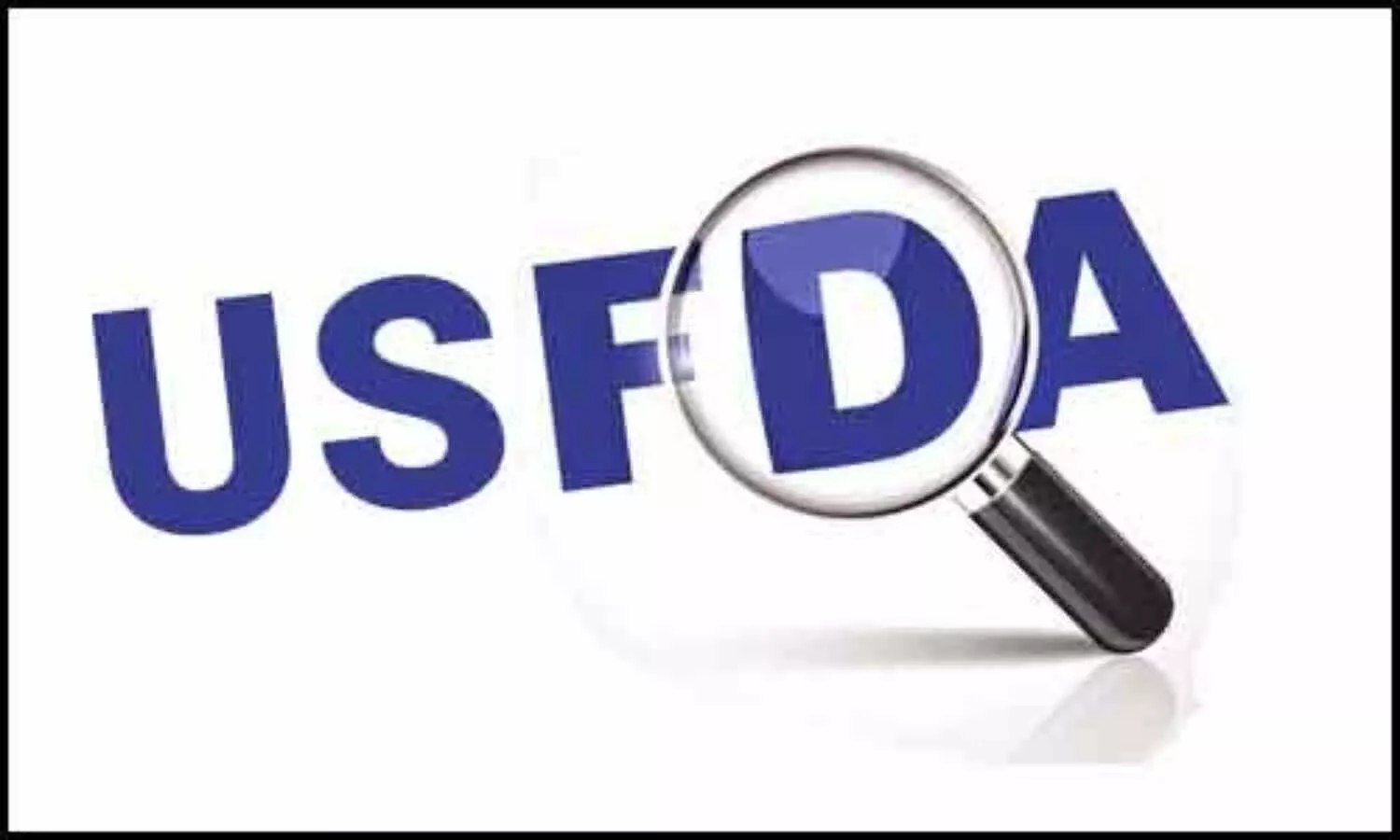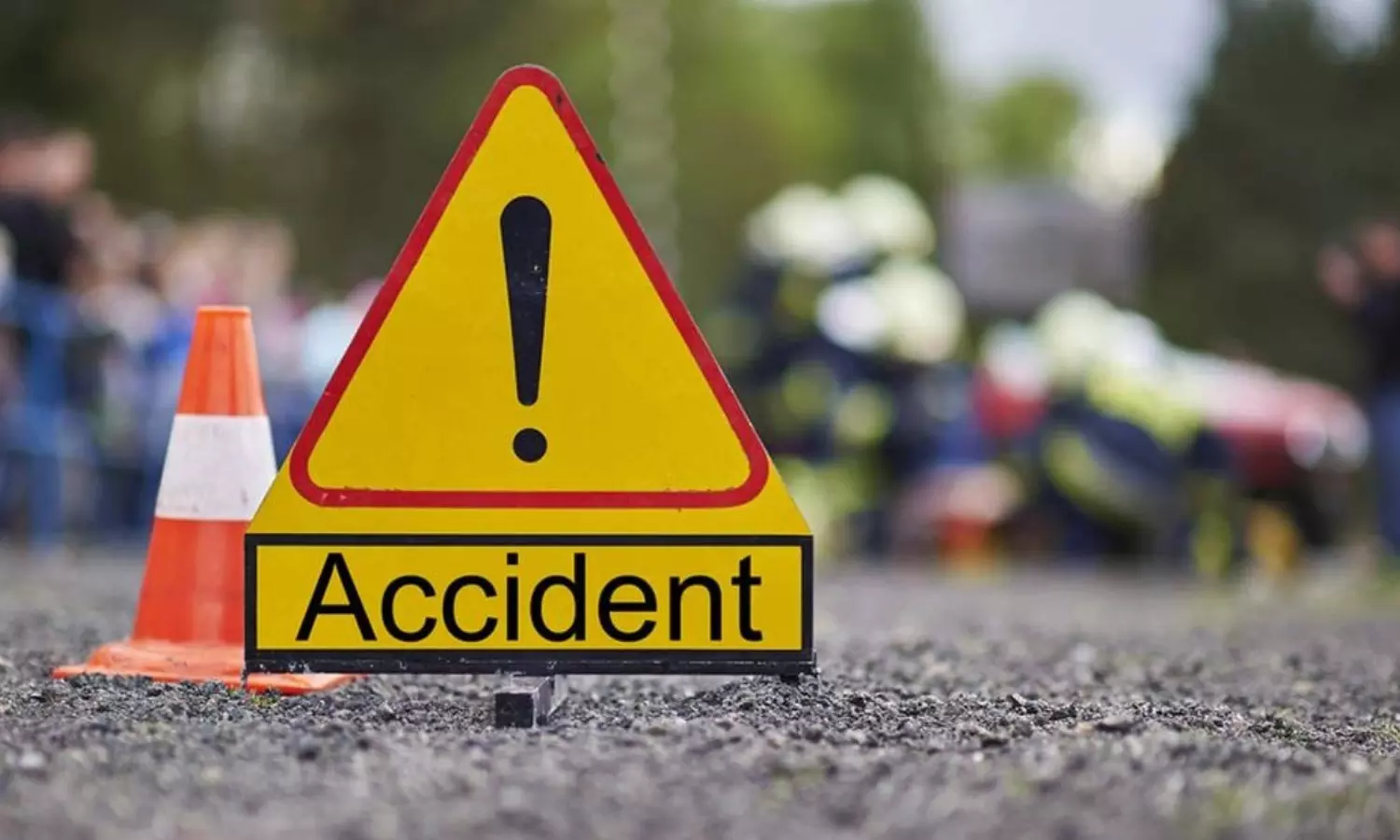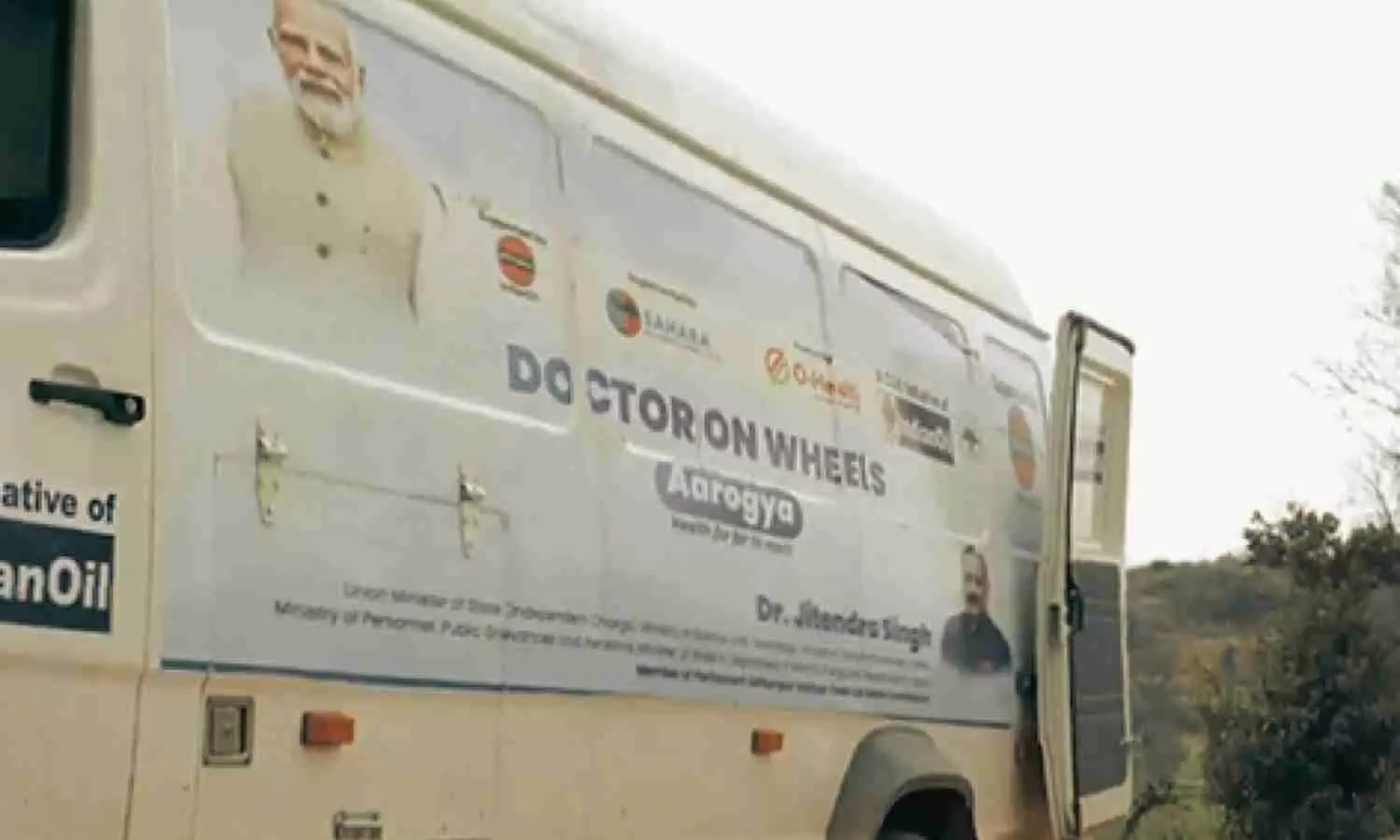In recent years, there has been increasing interest in uncovering environmental factors that may contribute to autism spectrum disorder (ASD). One such factor that has garnered attention is heavy metal toxicity.
Studies suggest that exposure to heavy metals like lead, mercury, and arsenic might influence the development and severity of autism symptoms in some individuals.
However, advancements in regenerative medicine offer hope for potential treatments that could alleviate the effects of heavy metal toxicity in individuals with ASD.
Heavy Metal Toxicity and Autism:
Heavy metals are naturally occurring elements found in the environment, but human activities such as industrial processes, pollution, and certain consumer products can increase exposure. These metals have neurotoxic effects, particularly on the developing brain.
Research indicates that exposure to heavy metals during critical periods of brain development may disrupt normal neurological processes, potentially increasing the risk of neurodevelopmental disorders like autism.
Mercury, in particular, has received significant attention concerning autism. Thimerosal, a mercury-based preservative once commonly used in vaccines, raised concerns about its potential role in autism development.
While numerous scientific studies have since refuted any causal link between vaccines containing thimerosal and autism, research continues to explore the broader impact of mercury and other heavy metals on neurodevelopment.
Regenerative Medicine: A Promising Approach
Regenerative medicine offers a promising approach to addressing the challenges posed by heavy metal toxicity in individuals with autism. This field focuses on leveraging the body’s own regenerative capabilities to repair, replace, or regenerate damaged tissues and organs.
Regenerative medicine holds tremendous potential for treating various medical conditions, including neurodevelopmental disorders like autism.
One potential avenue of regenerative medicine for addressing heavy metal toxicity in autism involves the use of stem cells. Stem cells can uniquely differentiate into various cell types, making them a promising tool for repairing damaged tissues affected by heavy metal exposure.
Researchers are investigating the possibility of using stem cell therapies to repair neural damage caused by heavy metals and restore normal neurological function in individuals with autism.
Furthermore, advancements in gene editing technologies offer another potential treatment avenue. By targeting specific genes associated with heavy metal detoxification pathways, researchers may enhance the body’s ability to eliminate these toxic substances, thereby reducing their harmful effects on the brain and potentially alleviating autism symptoms.
Multidisciplinary collaboration and ongoing scientific inquiry are needed to fully grasp the complex interplay between heavy metal toxicity and autism, paving the way for more targeted and effective regenerative medicine interventions.
Ultimately, by advancing understanding and leveraging the capabilities of regenerative medicine, hope and improved outcomes will be offered to individuals living with ASD and heavy metal toxicity. “Soon, there will be cells rather than pills.
While the relationship between heavy metal toxicity and autism remains intricate and multifaceted, ongoing research efforts continue to illuminate this important issue.
Furthermore, the development of regenerative medicine holds promise for the future of autism treatment, providing innovative approaches to mitigate the effects of heavy metal toxicity and enhance the lives of individuals affected by this neurodevelopmental disorder.
As our understanding of both heavy metal toxicity and regenerative medicine progresses, so too does the potential for effective interventions that could positively impact individuals with autism spectrum disorder.
Disclaimer: The views expressed in this article are of the author and not of Medical Dialogues. The Editorial/Content team of Medical Dialogues has not contributed to the writing/editing/packaging of this article.
